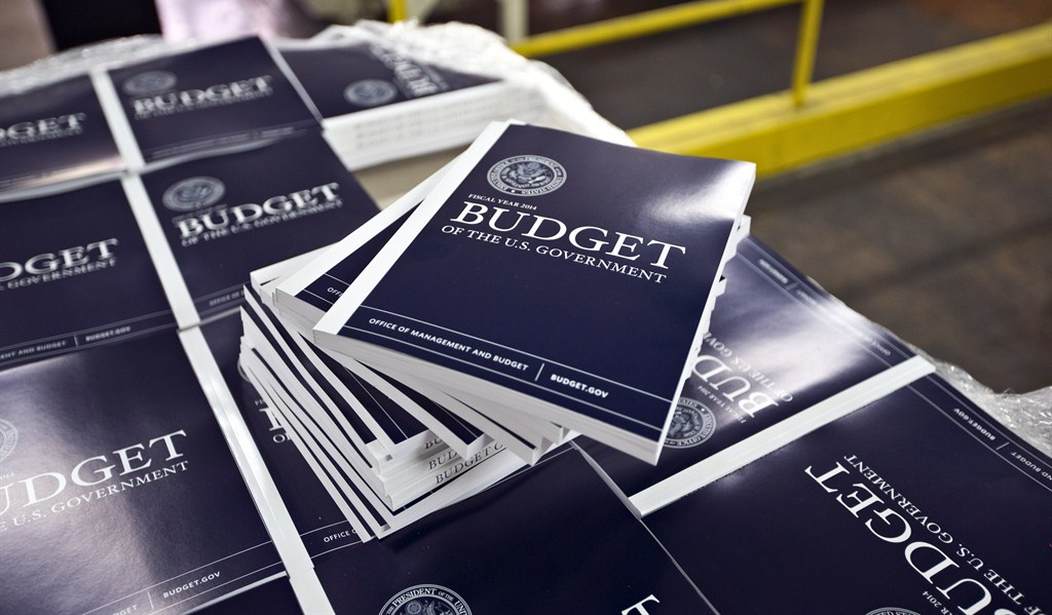Over a 25-year time horizon, our Minimum Path suggests that debt levels should fall from 73 percent of GDP today to just below 60 percent – dropping by about 0.6 percent of GDP per year. To close this gap, an immediate 1.9 percent of GDP adjustment would be necessary. Yet this rises dramatically to 3.3 percent if lawmakers wait ten years before starting and to a virtually unachievable 8.3 percent of GDP if they wait for 20 years.
Here's their visual model:

Additionally, in a recent small report, the Congressional Budget Office laid out the main reasons why debt is bad .

So yes, there will continue to be those that insist that federal debt doesn't matter. Mainstream macroeconomic modeling largely considers debt a factor when projecting future economic growth, though. And the longer we wait to tackle a projected rising debt burden, the harder it will be to actually make the fiscal adjustments necessary.

























Join the conversation as a VIP Member